German voters have shaken up the country’s political landscape. They have confined the dominance of the CDU/CSU and SPD to history — for now. It’s a necessary change, says DW Editor-in-Chief Manuela Kasper-Claridge.
Change has come. The decision of the German electorate is clear. It’s game over for the trivial compromises of the last grand coalition. Now it’s time for big challenges like climate change, digitalization and the necessary modernization of Germany.
These herculean tasks can now only be solved in cooperation with the smaller parties. In all conceivable coalitions the Greens and the Free Democrats will have a big say. Nothing will work without them — and that’s a good thing.
Greens may come with a high price
The large number of votes that went to the Green Party clearly shows that German voters are worried about climate change. Off the back of this result, the Greens will go into the coalition talks to form the next government with plenty of self-confidence. They will be the much-courted star and so can make a greater push for their demands.
However, Germany is perhaps less ready for change than the Greens, along with their chancellor candidate Annalena Baerbock, had hoped. Especially — as the results also show — when that change costs money.
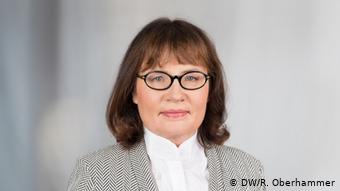
FDP gets a say
That’s because forming a government without the neoliberal FDP will be almost impossible. The Free Democrats see themselves as the great deregulators and could torpedo some of the Green’s wishes.
They put their trust in the market, digitalization and reducing bureaucracy. They want climate protection, but without tax increases. Exactly how that is supposed to work is something they will have to explain in the initial coalition talks.
CDU/CSU ripe for opposition
What’s very clear is the scale of the conservative defeat. Even though the CDU/CSU lost fewer votes than many polling firms had predicted, you simply can’t sugarcoat such a dramatic fall from the last federal election. Their CDU chancellor candidate, Armin Laschet, could not convince voters, despite achieving some success as the premier of Germany’s most populous state, North Rhine-Westphalia.
Support for the CDU’s Bavarian sister party, the CSU, also plummeted. It’s looking like their worst election result since 1949. After 16 years in government, the so-called “Union” of CDU and CSU is ripe for the opposition.
The Jamaica option
Of course, the CDU/CSU will try everything in their power to form a new government — a so-called Jamaica coalition of black, green and yellow (the name is based on the Caribbean country’s flag) of the CDU/CSU with the Greens and the FDP.
It’s possible, despite the conservatives being only the second-largest party. Three times in the past few decades the chancellor has not been a member of the strongest party in the German parliament. The decisive factor is who can work together to form a coalition with a majority.
Merkel 2.0
That’s the challenge for Olaf Scholz, who has led the center-left SPD to become the strongest party in this election. Indeed, it was close, but he has in fact pulled off an unparalleled comeback. The Social Democrats were bumbling along as low as 12% in the opinion polls at the beginning of the campaign. The one-time big-tent party appeared down and out.
But Scholz managed to turn things around. What he stands for personally, and what he considers truly important, is still not clear. He comes across as a kind of Merkel 2.0 — predictable, factual, without great emotion. The voters seemed to like it.
Traffic light option
Now Scholz has to show what he is capable of. If he wants to become the next German chancellor, he will have to quickly enter exploratory coalition talks with the Greens and the FDP. A red, yellow and green “traffic light” coalition is his goal. But it will not be easy. He will have to make concessions to the smaller parties — either when it comes to climate policies or taxation. The CDU, however, will be trying the same thing, breathing down his neck.
The outcome is uncertain, but the voters have spoken: They do not want a continuation of Angela Merkel’s politics. The power and influence of the large parties, the CDU and the SPD, has shrunk significantly compared with previous decades.
German politics is about to get more colorful. This is a chance to tackle the big issues of the future, with climate-friendly, modern politics.
This article was culled from DW

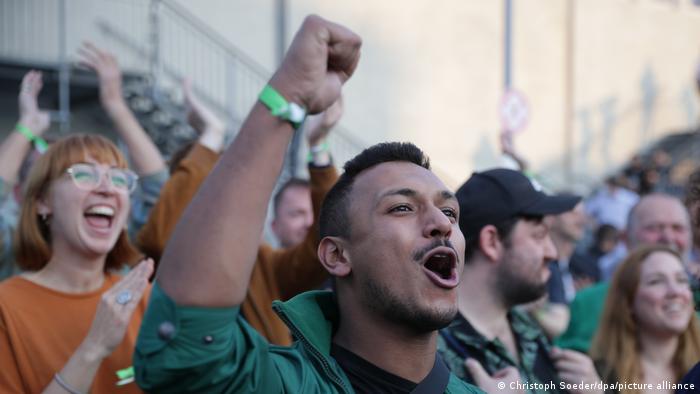

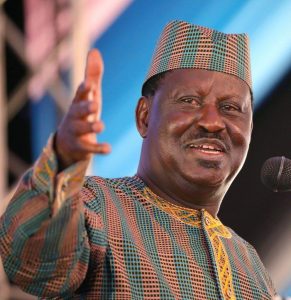

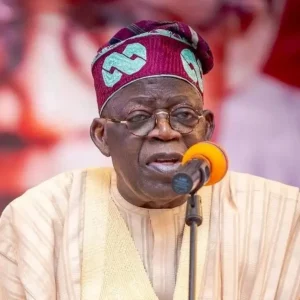











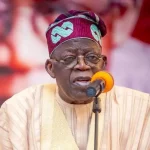





One Response
Good piece!